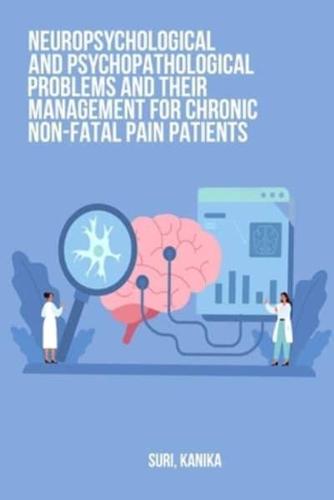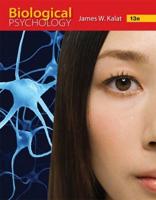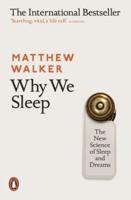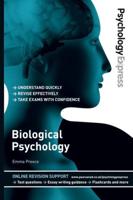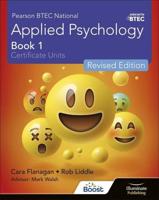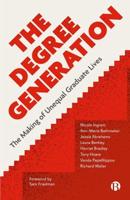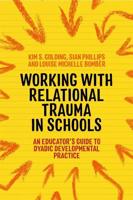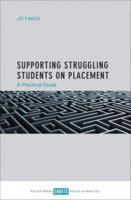Publisher's Synopsis
INTRODUCTION Neuropsychological aspects of all the individuals play a vital role in defining pain today. It is important to see that the psychological approach has become an integral part in the setting where various patients come from a diverse range of chronic pain complaints. The role of a psychologist and relaxation training is growing up. Especially, in the recent years where, programs such as multidisciplinary pain clinics have come. Programs such as these play a very important role in the treatment today. The analgesia or the medicines can help the patient to a certain extent but the psychological intervention helps in healing the patient from the deeper roots. Thus multi-dimensional factors involving the environment, personality and adaptations are studied. The present study was planned to evaluate the cognitive disruptions in our memory as working memory, mini-mental-status examination and psychopathological problems as anxiety & depression in the chronic non-malignant pain patients. This has largely remained an unexplored area, nevertheless, vital in order to have an insight to the significance of relaxation training and psychological management. 1.1.DEFINING CHRONIC PAIN AND ITS VARIANTS The most accepted definition of pain given by The International Association for the Study of Pain (IASP) has delivered all the scholars with the précised form of the intricate nature of pain, "[an unpleasant sensory and emotional experience associated with actual or potential tissue damage, or described in terms of such damage.]" Thus, according to IASP, pain is subjective in nature as defined by the bodily sensation that is unpleasant which forms it as an emotional experience (Lascaratou, 2007, p.15). Turk, Meichenbaum and Genest (1993, Chapter 17-Allen) termed 'pain as a subjective experience encompassing our senses, our emotions, our thoughts, and our actions or behaviours.' Pain has psychological as well as medical significance (Keefe et. al, 2002, Chapter 10-Taylor). For example, both depression and anxiety can aggravate the experience of pain (Vowels, Zvolensky, Gross & Sperry, 2004, Chapter 10).


